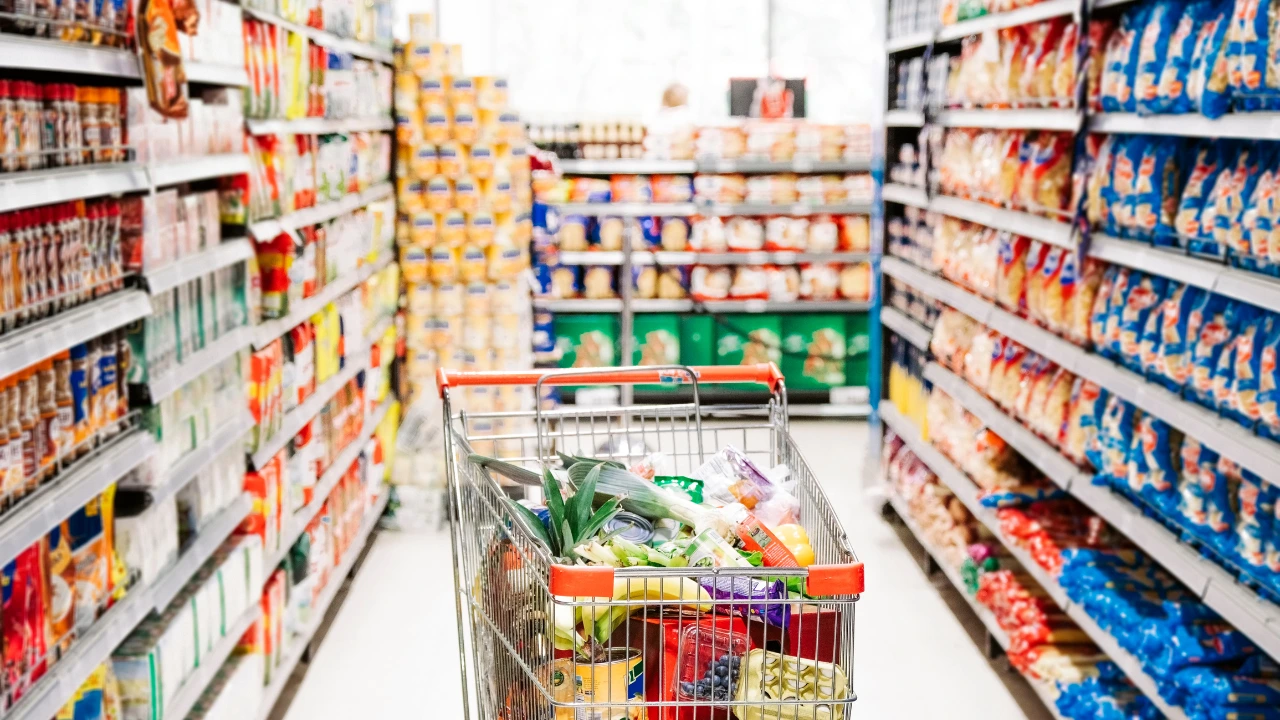
Why Supermarkets Must Be Extra Vigilant Against Pests This Summer
Last updated on September 4th, 2025 at 11:22 am
As temperatures rise during the summer months, so does the risk of supermarket pest control challenges and pest infestations. Supermarkets, with their abundant food supplies and constant foot traffic, are particularly vulnerable to pests. If left unchecked, these unwanted intruders can compromise food safety, damage reputations, and even lead to costly regulatory fines. Here’s why supermarkets need to be extra vigilant against pests this summer and how early detection can effectively prevent infestations.
The Importance of Pest Control in Grocery Stores
Pest control is a cornerstone of maintaining a clean and safe environment in grocery stores. With the constant influx of customers and the abundance of food, grocery stores are prime targets for pests like rodents, cockroaches, and fruit flies. These pests are not just a nuisance; they pose significant health risks by contaminating food and spreading diseases.
Grocery stores have a responsibility to ensure their facilities are free from pests and other hazards that can compromise food safety. This responsibility extends beyond just the health of customers; it also includes maintaining a positive store reputation. In today’s digital age, a single pest sighting can lead to negative publicity and a loss of customer trust. Moreover, failing to implement effective pest control measures can result in legal and financial consequences, including fines and regulatory actions.
Integrated Pest Management (IPM) is a holistic approach that grocery stores can adopt to manage pests and prevent infestations. By prioritizing pest control, grocery stores can protect their customers, employees, and reputation while ensuring compliance with food safety regulations. Effective pest management is not just about eliminating pests; it’s about creating an environment where pests are less likely to thrive.
The Increased Pest Threat in Summer
Warmer weather creates the perfect breeding conditions for many pests, including rodents, cockroaches, flies, and ants. With access to food sources inside supermarkets, they can quickly establish colonies and contaminate products. Here are some of the most common supermarket pests and their associated risks:
-
Rodents (Mice & Rats): These creatures can chew through packaging, contaminate food with their droppings, and spread diseases such as salmonella and leptospirosis.
-
Cockroaches: Highly resilient, cockroaches thrive in warm, humid environments and can quickly multiply. They are known carriers of bacteria and allergens that can lead to foodborne illnesses.
-
Flies: Houseflies and fruit flies are notorious for spreading bacteria by landing on exposed food items. They can transmit harmful pathogens that cause food poisoning.
-
Ants: While ants may seem less harmful, they can infiltrate food storage areas and spoil perishable goods.
Commercial Pest Control Challenges
Commercial pest control in grocery stores presents unique challenges that require a delicate balance between pest control, food safety, and customer satisfaction. Grocery stores often have complex layouts with multiple entry points, making it difficult to detect and prevent pest infestations. The presence of food and water sources further attracts pests, necessitating robust pest control measures.
One of the significant challenges is the risk of pest-borne diseases such as salmonella and E. coli, which can have severe public health consequences. Additionally, the use of pesticides in grocery stores can be problematic, as it can contaminate food and pose risks to customers and employees. Therefore, grocery stores must navigate complex regulations and guidelines related to pest control and food safety.
Effective commercial pest control requires a comprehensive approach that includes prevention, detection, and treatment. Grocery stores must work with pest control professionals who have expertise in both commercial pest control and food safety. These experts can help ensure that the facilities are pest-free and compliant with regulations, ultimately protecting the store’s reputation and the health of its customers.
The Consequences of a Pest Infestation
A pest problem in a supermarket can have devastating consequences, including:
-
Food Contamination: Pests can transfer bacteria, viruses, and other harmful microorganisms onto food products, leading to potential health risks for consumers.
-
Regulatory Violations: Health authorities conduct regular inspections of supermarkets. Failing to meet food safety and hygiene standards due to a pest infestation can result in fines, penalties, or even closure.
-
Damage to Store’s Reputation: In the digital age, a single social media post about a pest sighting in a supermarket can spread quickly, leading to negative publicity and loss of customer trust. Protecting a store’s reputation by implementing advanced rodent control technologies and ensuring early detection and continuous monitoring is crucial.
-
Financial Losses: Contaminated goods often need to be discarded, and the cost of pest control measures can be high if infestations are not addressed early.
Proactive Integrated Pest Management Strategies
To avoid these risks, supermarkets must implement stringent pest prevention measures, including:
Strict Sanitation Practices
- Keep storage and display areas clean and free from food debris.
- Regularly dispose of trash and ensure waste bins are tightly sealed.
- Clean up spills immediately to avoid attracting pests.
Proper Food Storage
- Store perishable items in tightly sealed containers.
- Regularly check inventory for signs of pest activity and dispose of expired goods promptly.
Routine Pest Inspections
- Conduct regular pest control inspections with the help of professionals.
- Identify and address any structural vulnerabilities, such as cracks, gaps, and holes where pests can enter.
- Implement advanced rodent control technologies to monitor and manage rodent activity proactively.
Employee Training
- Educate staff on the importance of pest prevention and how to spot early signs of infestations.
- Encourage employees to report any pest sightings immediately.
Partnering with Pest Control Experts
- Work with professional pest control services for routine treatments and emergency responses.
-
Use eco-friendly pest control solutions to ensure customer safety and compliance with regulations.
The Role of Technology in Pest Control
Technology plays a pivotal role in modern pest control, enabling grocery stores to detect and prevent pest infestations more effectively. Advanced technologies, such as sensors and monitoring systems, can detect pests and alert store managers to potential infestations before they become significant problems. Digital pest control solutions, including online monitoring and reporting systems, allow grocery stores to track pest activity and respond quickly to any issues.
Technology also facilitates more targeted and effective pest control treatments, reducing the need for broad-spectrum pesticides that can contaminate food. Real-time monitoring enables grocery stores to respond swiftly to infestations, preventing the spread of pests and minimizing the risk of contamination. Additionally, technology can help identify and address underlying issues that contribute to pest infestations, such as poor sanitation and maintenance.
By leveraging technology, grocery stores can reduce costs, improve efficiency, and enhance food safety and customer satisfaction. Staying ahead of pest control challenges through technological advancements ensures a pest-free environment that protects customers, employees, and the store’s reputation.
Conclusion
Supermarkets play a crucial role in food supply chains and must maintain the highest standards of hygiene and safety. With summer being a peak season for pest activity, vigilance is key to preventing infestations. By taking proactive steps such as maintaining cleanliness, securing food storage, and working with pest control experts, supermarkets can safeguard their operations and ensure a pest-free shopping experience for their customers.
If your supermarket needs professional pest control solutions this summer, don’t wait until an infestation occurs—act now to protect your business and customers. Book Environet Pest Control today!
